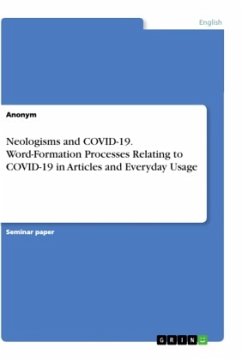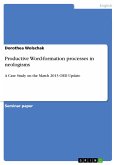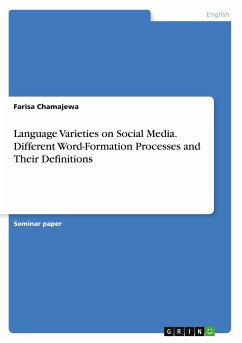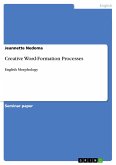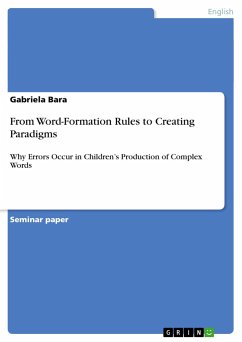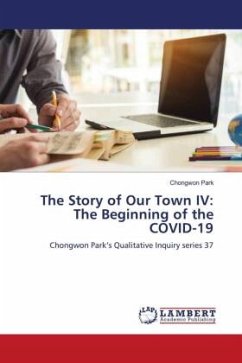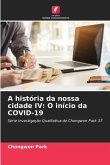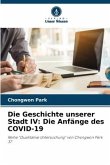Seminar paper from the year 2020 in the subject English Language and Literature Studies - Linguistics, grade: 2,0, University of Flensburg, language: English, abstract: This term paper will guide the reader through a linguistic analysis of different word-formation processes in new words related to COVID-19.The Coronavirus disease, also known as COVID-19, is an infectious disease affecting the respiratory system. More and more confirmed cases are being reported worldwide with each passing day. It first started in China towards the end of 2019. However, the virus became unstoppable and resulted in an ongoing pandemic. Not only has the virus led to numerous far-reaching educational, political, psychological, and social impacts, but also a major outbreak of new words and idioms. "Established terms such as self-isolating, pandemic, quarantine, lockdown and key workers have increased in use, while coronavirus/ COVID-19 neologisms are being coined quicker than ever" (Lawson 2020). These new words are quickly becoming part of our daily terminology as the virus continues to spread and kills more and more people all over the world. The meaning of many words is probably known, but where these terms also familiar to us six months ago?Nevertheless, what do we understand under the concept of neologisms? Which words have entered the dictionaries? The corpus of this work consists of four articles/ websites from which the analyzed words are taken. The theoretical part consists of definitions and explanations of different word-formation processes, such as abbreviations (including acronyms and initialisms), compounding, blending, and conversion. The third section contains a detailed analysis of 15 words for which concepts from the theoretical part will be used. Subsequently, the conclusion will sum up the findings.

